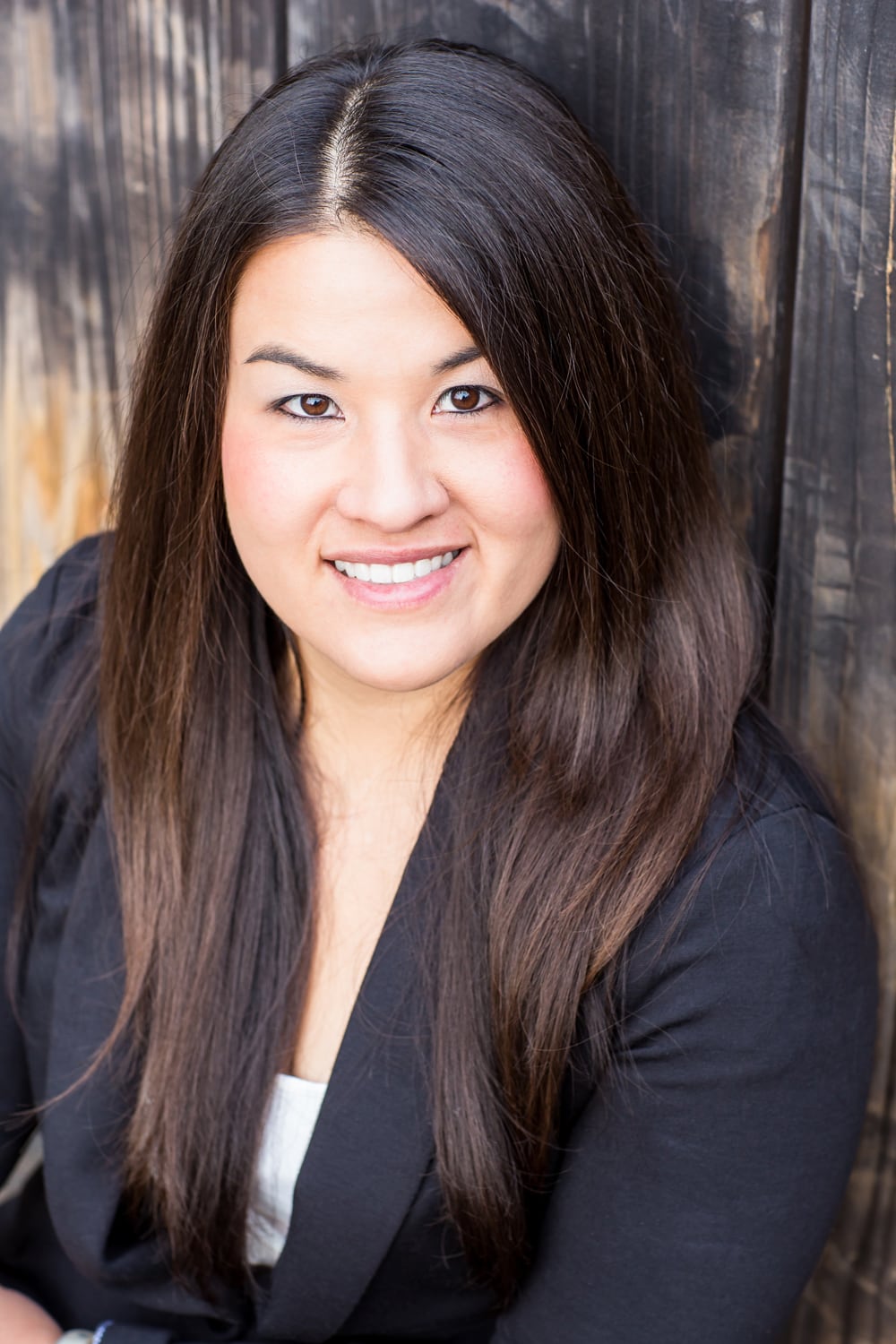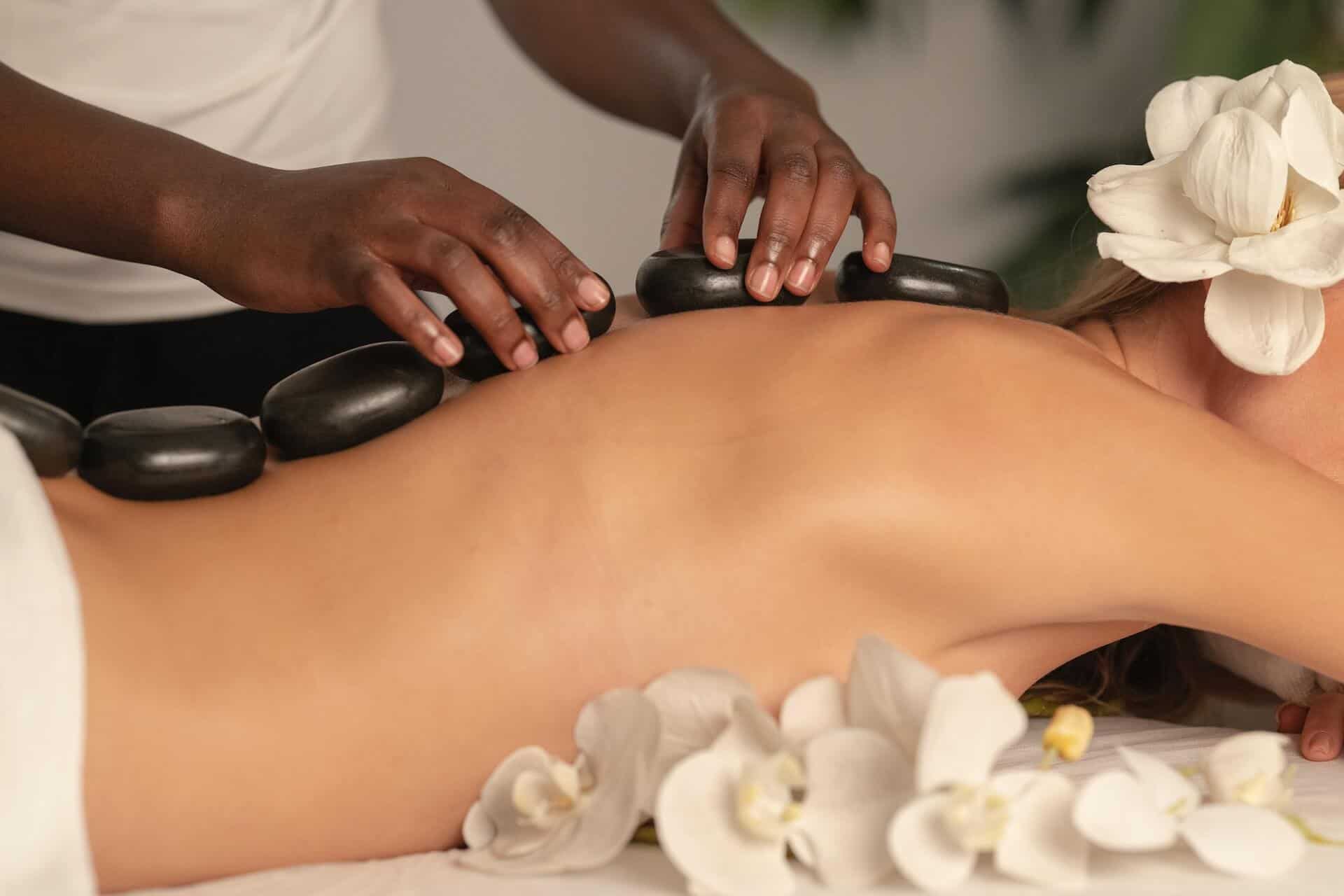Are You New to Acupuncture?
Are You New to Acupuncture and Traditional Chinese Medicine?
Considering Acupuncture for Fertility Support?
We understand that booking your first acupuncture session, especially for fertility concerns, can be a significant decision. But fear not, we are here to guide you through every step of the process. Welcome to City Pulse Acupuncture, where we specialize in fertility support and are committed to making your acupuncture experience relaxing, enjoyable, and quite possibly the best part of your day. As you step into our tranquil space, our friendly front office staff will greet you with warm herbal tea. You’ll then be escorted to one of our private treatment rooms, where your practitioner specializing in fertility will personally meet you.
How can Acupuncture and Traditional Chinese Medicine Address Reproductive Health Issues?
Acupuncture and TCM treats an extensive range of reproductive health conditions, including:
- Polycystic Ovary Syndrome (PCOS)
- Endometriosis
- Diminished Ovarian Reserve (High FSH/Low AMH)
- Poor Egg Quality
- Advanced Maternal Age
- Recurrent Miscarriage
- Unexplained Infertility
- Male Factor Infertility
- IUI Support
- IVF Support
What Conditions can be Treated with Acupuncture?
Acupuncture is widely renowned for treating back pain and sciatica, but its benefits extend far beyond that. At City Pulse Acupuncture, we utilize acupuncture and Traditional Chinese Medicine to address an extensive range of conditions, including:
- Lower back pain, upper back pain, sciatica
- Insomnia and anxiety
- Addiction and weight loss
- Tension headaches and migraines
- Nausea, chemotherapy-related discomfort, and morning sickness
- Dental pain and trigeminal neuralgia
- Generalized pain, fibromyalgia
- Labor pain and post-natal recovery
- Late-term inductions and turning babies to the birth position
- Fertility issues, acupuncture for IVF support
- Shoulder pain, including ‘frozen shoulder’
- Joint pain, including neck, knee, hip, wrist, and elbow
- Osteoarthritis, rheumatoid arthritis
- Menstrual disorders
- Respiratory disorders, including allergic rhinitis and asthma
- Carpal tunnel syndrome, tennis elbow, golf elbow, tendonitis
- Sports injuries
Our licensed and experienced team of Traditional Chinese Medicine practitioners possess comprehensive and unique skills to address these conditions effectively. If you don’t see your specific condition on the list, please reach out to us, and we’ll gladly answer your questions and explore suitable treatment options.
What to Expect on Your First Visit
During your initial visit, your dedicated TCM practitioner will take the time to understand your fertility concerns thoroughly. The diagnostic process in Traditional Chinese Medicine involves detailed questioning and listening, which may take longer than a typical visit to your general practitioner. But this allows us to create a tailored treatment plan to suit your needs.
Tongue and Pulse Diagnosis As part of the Traditional Chinese Medicine diagnosis, your practitioner will examine your pulse and tongue to gain insights into your overall well-being. To ensure accurate readings, we advise avoiding brushing your tongue on the day of your acupuncture treatment, as it provides valuable information about your body’s functions.
Once the diagnosis is complete, your practitioner will devise a treatment plan that jump-starts your healing journey. This may involve acupuncture alone or combined with other modalities, such as moxibustion, cupping, gua sha, or herbal medicine, to optimize your fertility support.
How Long Does an Acupuncture Treatment Take?
Your first acupuncture session typically lasts between one and a half to two hours. This extended duration allows us to comprehensively assess your overall health and design a precise treatment plan. Follow-up treatments usually take up to an hour, including consultation and treatment time.
What Should I Wear?
Your comfort is essential during your acupuncture session. We recommend wearing loose, comfortable clothing. While receiving treatment, you’ll lie down in a relaxed position on our cozy tables, specially designed to accommodate your needs. If you prefer a seated position, that’s also possible. In certain cases, we may request you to remove specific clothing items for the placement of needles, but rest assured, we provide sheets to cover and ensure your modesty. If you have any concerns about certain body areas, please inform your practitioner, as TCM offers versatile alternatives.
Does Acupuncture Hurt?
You’ll be pleasantly surprised to learn that acupuncture needles are significantly smaller than standard hypodermic needles, which are commonly used in medical offices. As a result, many people experience little to no sensation during needle insertion, while some might feel a minor, brief pinch on the skin. Once the needles are in place, you may experience what we call ‘de qi’ or the arrival of qi, which is experienced differently by each person. It can be described as a slight tingling, a sense of heaviness, or a subtle movement under the skin. These sensations are often seen as positive signs of energy flow through the acupuncture meridians, helping to remove energy blocks.
How Long Will It Take Before I See Results?
The response to acupuncture treatments varies from person to person. While some conditions may show rapid improvement, others may require more extended attention.
I Don’t Like Needles. Can I Still Have Acupuncture?
Absolutely! At City Pulse Acupuncture, we understand that some individuals may have reservations about needles. If you’re new to acupuncture, we introduce you to it gradually, using a small number of the finest needles to minimize any sensation. Many clients who initially felt apprehensive about needles leave our sessions feeling completely relaxed and reassured about acupuncture’s gentle approach to healing.
If you have any further questions or would like to schedule a fertility support acupuncture session, please feel free to get in touch. We’re here to support your journey towards improved fertility and overall well-being.
Meet Dr. Rachel Hemphill
DACM, L.Ac., Dipl.O.M., FABORM

What Is Acupuncture?
Acupuncture is based on a comprehensive system of medicine known as Traditional Chinese Medicine (TCM) and has been in use in Asia for thousands of years. Acupuncture treats health conditions by stimulating acupuncture points found at specific locations on the surface of the body.
Acupuncturists stimulate the acupuncture points by inserting very thin needles through the skin to produce physiological effects.
There is no direct translation for the word qi although the concept exists, to a certain degree, in every culture. In Chinese medicine, qi is the energy or life force present within everybody.
Qi is the force behind our awareness, the functioning of our internal organs, the circulation of blood and lymph throughout our body, and many other things. We are able to access and manipulate qi using acupuncture needles, herbs and other modalities in order to prevent and combat disease.
What Is Traditional Chinese Medicine?
Do you experience chronic pain? Have other treatments failed you? Would you like to discover a natural solution to health and wellness? Consider a visit to City Pulse Acupuncture.
Acupuncture is just one component of Traditional Chinese Medicine, also known as TCM. This holistic healing and wellness system originated in China more than 3000 years ago and can be used to treat a wide range of ailments.
TCM begins by identifying imbalances in the body and addresses them with procedures such as cupping, moxibustion, herbal medicine, and acupuncture.


